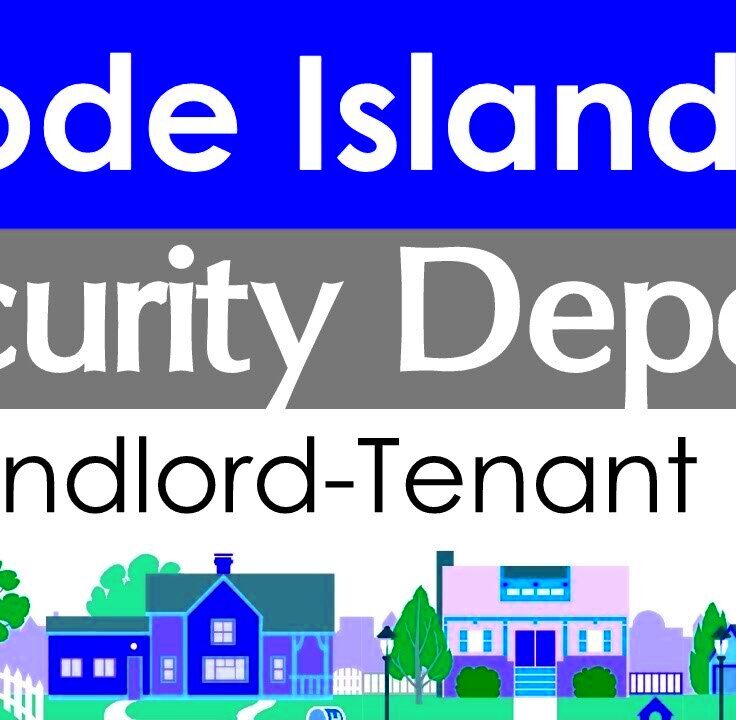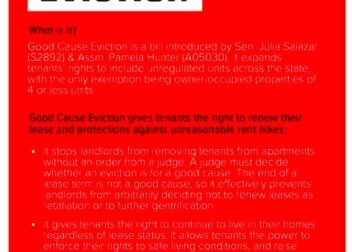What You Should Know About Rhode Island Security Deposit Laws
When renting a home or apartment in Rhode Island, understanding security deposit laws is essential. These laws protect both tenants and landlords, ensuring fairness in handling deposits. Knowing the rules can help avoid disputes and ensure a smooth rental experience.
Understanding Security Deposits in Rhode Island
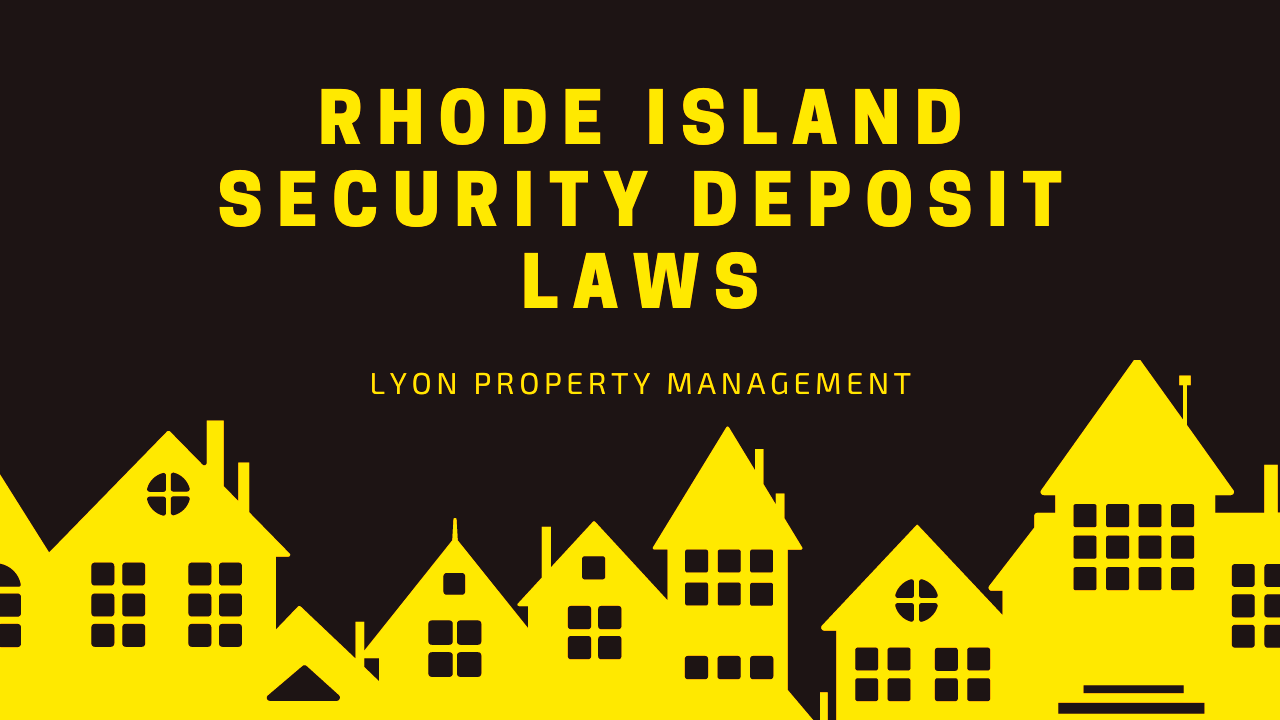
A security deposit is a sum of money that tenants pay to landlords before moving in. This deposit serves as a safeguard against potential damages or unpaid rent. In Rhode Island, the law outlines specific rules regarding how security deposits should be managed:
- Purpose: Security deposits cover damages beyond normal wear and tear or unpaid rent.
- Deposit Handling: Landlords must keep the deposit in a separate account and provide tenants with information about it.
- Written Agreement: It’s advisable to have a written lease that details the terms of the security deposit.
Maximum Amount for Security Deposits
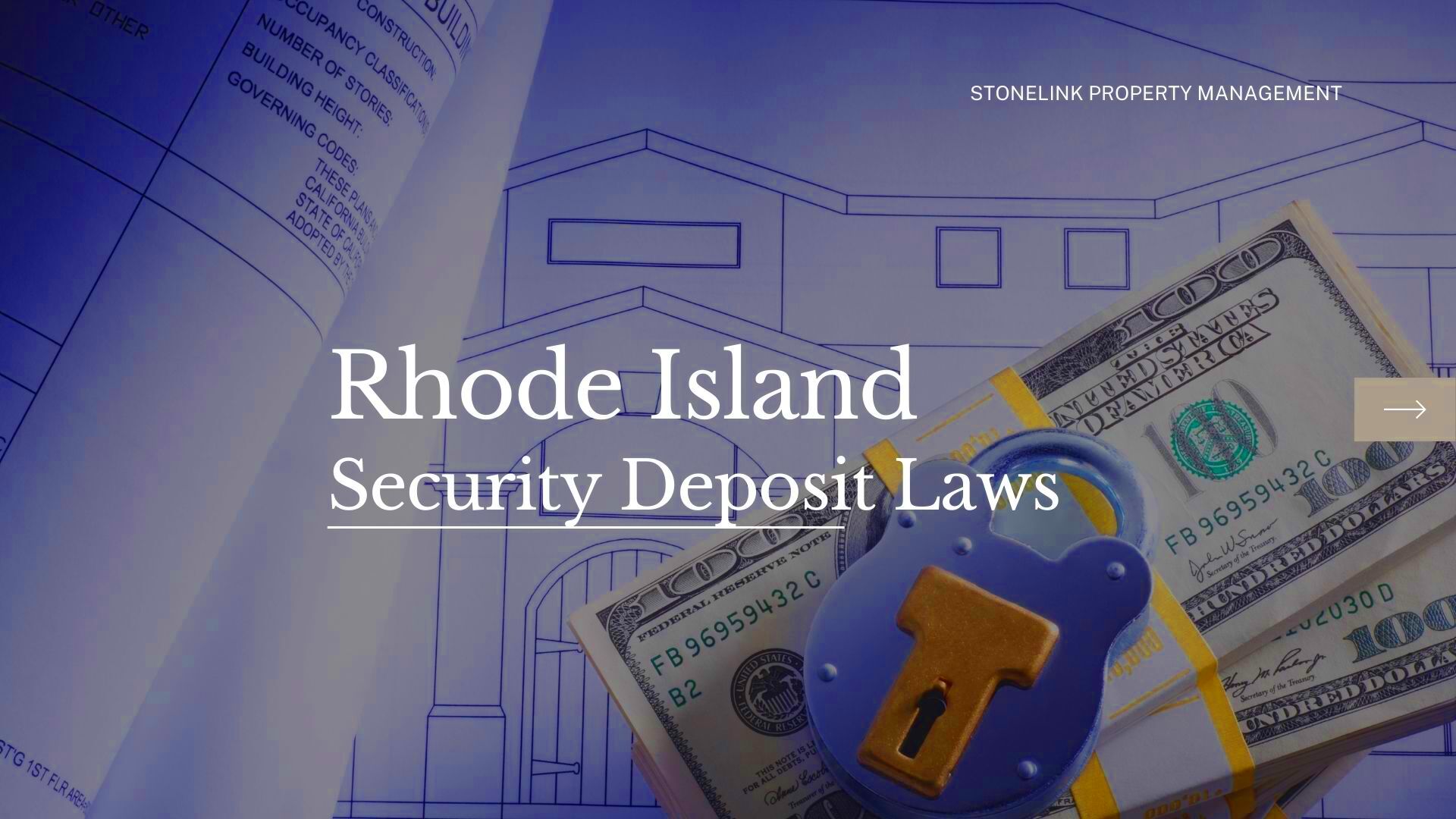
In Rhode Island, there are specific limits on how much landlords can charge for a security deposit. Here’s a quick breakdown:
- The maximum amount for a security deposit is typically one month’s rent.
- If the rent is increased during the tenancy, the landlord cannot charge a higher deposit based on the new rent until the lease is renewed.
- For example, if your monthly rent is $1,200, the maximum security deposit the landlord can request is also $1,200.
It’s important for tenants to know their rights. If a landlord asks for more than this amount, it may be a violation of the law. Always ask for a receipt when you pay a security deposit, and keep a record of all communications regarding it. This documentation can be invaluable if disputes arise later.
Timeframe for Returning Security Deposits
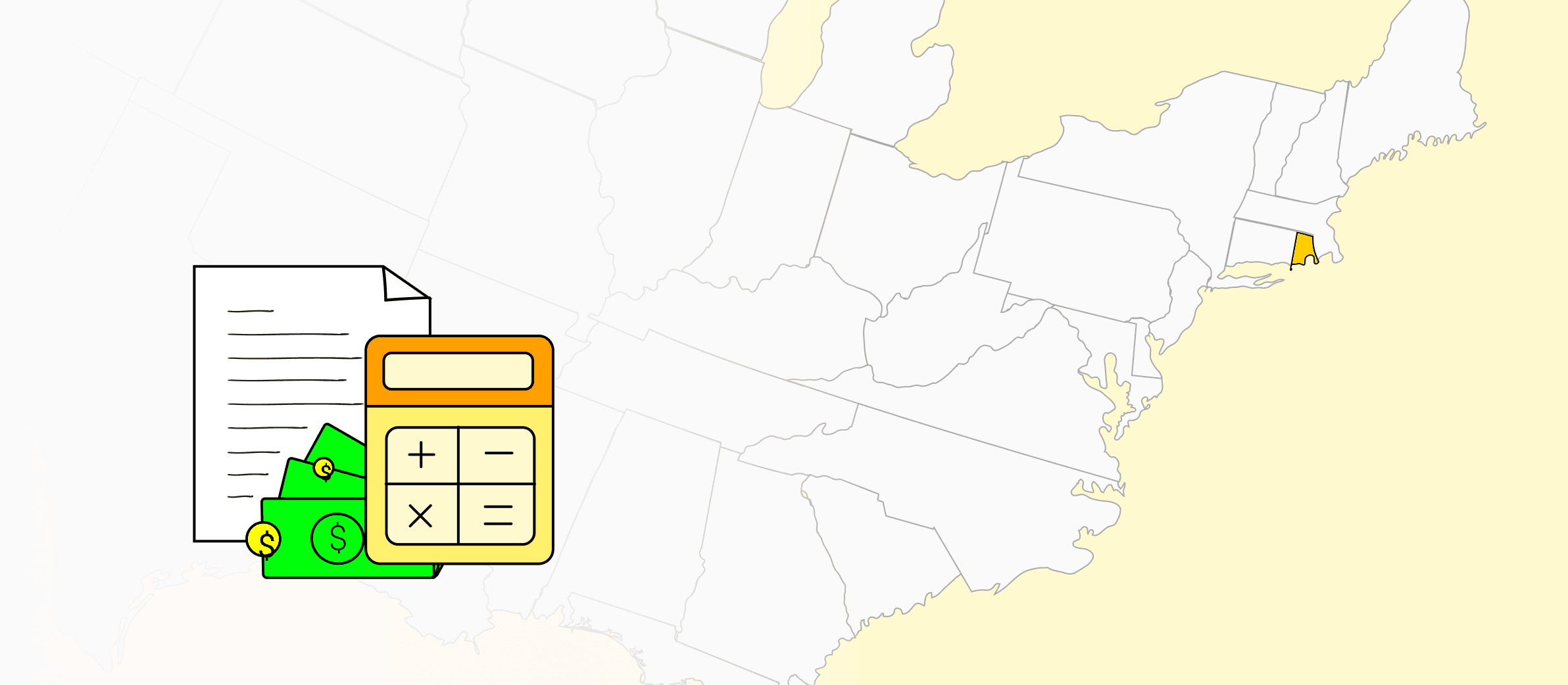
One of the most crucial aspects of security deposits is understanding the timeframe in which landlords must return them. In Rhode Island, the law is quite clear about this. After a tenant moves out, landlords have a specific period to return the security deposit or provide a detailed account of any deductions made.
- Landlords must return the security deposit within 20 days after the tenant vacates the property.
- If deductions are made, landlords must provide a written itemized statement detailing the reasons for each deduction.
- Failure to comply can result in the landlord losing the right to keep any part of the security deposit.
This timeframe ensures that tenants receive their deposits promptly, helping them with moving expenses or securing a new place. If you haven’t received your deposit back within this period, it’s essential to follow up with your landlord and, if necessary, seek legal advice to ensure your rights are protected.
Conditions for Withholding Security Deposits
Landlords can withhold security deposits under specific conditions. Understanding these conditions can help tenants protect their deposits. Here are the main reasons a landlord may legally retain part or all of the security deposit:
- Damages Beyond Normal Wear and Tear: If there are damages to the property that exceed normal wear and tear, landlords can charge for repairs.
- Unpaid Rent: If a tenant leaves owing rent, landlords can withhold the deposit to cover these costs.
- Cleaning Costs: If the property is left excessively dirty, landlords may deduct cleaning fees.
It’s essential for tenants to document the condition of the property when moving in and out. Taking photos and keeping records can help dispute unfair deductions and ensure that landlords adhere to the law.
Tenant Rights Regarding Security Deposits
As a tenant in Rhode Island, you have specific rights when it comes to security deposits. Knowing these rights can help you advocate for yourself if issues arise. Here are the key rights every tenant should be aware of:
- Right to a Written Agreement: Tenants have the right to a written lease that outlines the terms related to the security deposit.
- Right to Documentation: Tenants can request documentation regarding the security deposit’s location and any deductions made.
- Right to Timely Return: As previously mentioned, deposits must be returned within 20 days after moving out.
- Right to Challenge Deductions: Tenants can dispute any deductions they believe are unjustified.
Understanding these rights can empower tenants to ensure that their security deposits are handled fairly. If disputes arise, consider reaching out to a local tenant’s rights organization or legal counsel for assistance.
Landlord Obligations Under Rhode Island Law
As a tenant, it’s essential to know what your landlord is legally obligated to do regarding security deposits. Rhode Island law outlines specific duties that landlords must fulfill to ensure a fair renting process. Here’s a breakdown of these obligations:
- Written Lease Agreement: Landlords must provide a written lease that details the security deposit terms, including the amount, purpose, and conditions for its return.
- Separate Deposit Account: Landlords are required to keep security deposits in a separate, interest-bearing account. They must also notify tenants about where their deposits are held.
- Timely Return: Landlords must return the security deposit within 20 days after a tenant vacates the property or provide a written statement if deductions are made.
- Proper Deductions: If any part of the deposit is withheld, landlords must provide an itemized list explaining the reasons for the deductions.
Understanding these obligations can help you ensure that your landlord is complying with the law. If your landlord fails to meet these obligations, you may have grounds for legal action to recover your deposit.
Common Disputes Over Security Deposits
Disputes over security deposits are common and can often lead to tension between tenants and landlords. Here are some typical issues that arise:
- Unjustified Deductions: Tenants may disagree with the reasons given by landlords for withholding part of the deposit, especially if they feel the charges are excessive.
- Failure to Return Deposit: Sometimes, landlords do not return the deposit within the required 20-day period, leading to frustration for tenants.
- Disputes Over Normal Wear and Tear: There can be confusion about what constitutes normal wear and tear versus damage, leading to disagreements about deductions.
- Lack of Documentation: If landlords fail to provide proper documentation for deductions, tenants may feel they are being treated unfairly.
To prevent these disputes, clear communication and documentation are crucial. Both parties should keep records of communications, lease agreements, and the property’s condition when moving in and out.
FAQs About Rhode Island Security Deposit Laws
Understanding the ins and outs of Rhode Island’s security deposit laws can be confusing. Here are some frequently asked questions to help clarify common concerns:
- What is the maximum security deposit I can be charged? The maximum security deposit allowed is typically one month’s rent.
- How long do landlords have to return my deposit? Landlords must return your deposit within 20 days after you move out or provide an itemized list of deductions.
- Can a landlord withhold my deposit for cleaning? Yes, if the property is left excessively dirty, landlords may deduct cleaning costs, but this should be reasonable and documented.
- What if I don’t agree with the deductions? You have the right to dispute any deductions you believe are unjustified. Keeping records and documentation can help support your case.
If you have more questions or specific concerns, consider reaching out to a local tenant rights organization or legal professional for personalized advice.
Conclusion on Security Deposit Regulations in Rhode Island
Understanding security deposit regulations in Rhode Island is crucial for both tenants and landlords. These laws aim to protect the rights of tenants while ensuring landlords can manage their properties effectively. By being aware of the maximum deposit amounts, the timeframe for returning deposits, and the conditions for withholding funds, tenants can better navigate their rental agreements. Open communication and proper documentation play significant roles in preventing disputes. If you find yourself in a situation where your security deposit is in question, remember that you have rights and resources available to help you. Familiarizing yourself with these laws empowers you to make informed decisions and ensures a smoother renting experience.
